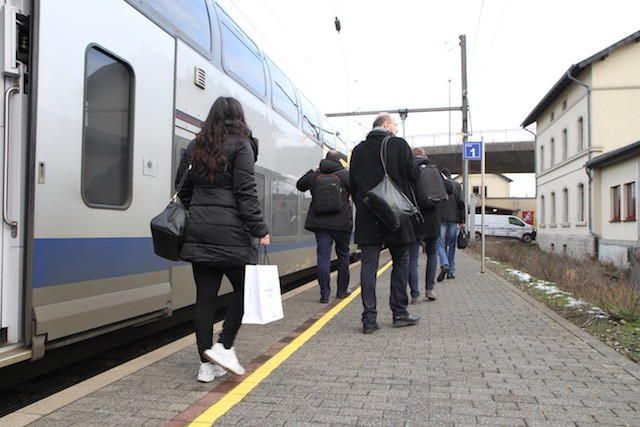Statistics body Statec revealed the projected saving in its latest “Regards” report published on Friday 23 August.
It found that households which use both private cars and public transport would save on average €230 per year. This figure is somewhat mitigated by the increase in excise tax on fuel, which came into effect on 1 May 2019. According to the report, it adds a further €25 (on average) per year to the expenses of households using only a private car.
The report author concluded that the free public transport measure had a “redistributive” effect to the extent that low income households were most likely to use only public transport because of the costs associated with running a private car. Among the lowest income households, 17% use public transport, according to Statec’s figures, compared with 2% of the highest income households. “What is more, the increase in cost related to the rise of excise is more limited” for low earning households. The report found that only 64% of the most modest households use a private car, compared with 95% of the 20% of highest earners.
One factor which could undo the positive redistributive trend is geography. The report found that the further away from the capital, the less likely the occupants were to use public transport, regardless of household income. The report credited this effect to the more scant public transport service in rural regions.
The report is far from definitive since other factors remain undefined. For one, the government has yet to give any details on its planned reform of travel expenses, which is currently deductible for tax purposes. Furthermore, further excise increases are expected for Luxembourg to meet its greenhouse gas emission targets under the Paris Agreement.
One thing the report does not explore is how the removal of a ticket fee on public transport will impact households elsewhere. When the measure was announced in January 2019, the cost of further subsidising the network was estimated at some €41m, a budget shortfall which is expected to be absorbed through taxation.
